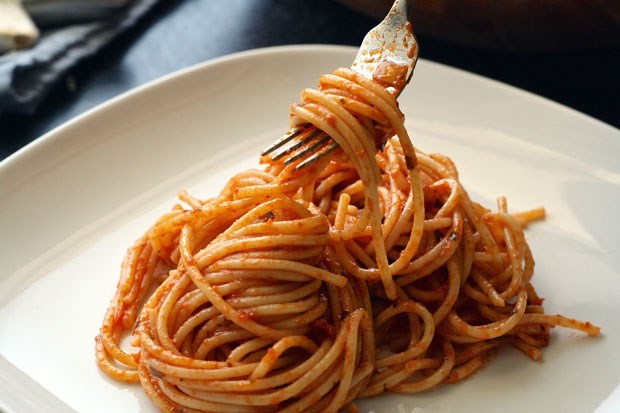The dog days of summer are upon us. As usual with me, I wonder how the weeks have come and gone so quickly. It has been a spectacular season and I remind myself that there is still a month to go before we officially slide into autumn.
I am looking forward to seeing my young farmers in the Delta School District in a couple of weeks and can hardly wait to hear the stories of the successes and failures of their home farming exercises.
More than 1,300 students were tasked with nurturing a cucumber seedling in June and as most of us know, growing things can be touch and go.
I enjoyed Optimist colleague Barbara Gunn’s Living Matters column last week where she described the success of a tomato plant that she has nurtured on her back deck. When we are growing food, on small- and large-scale footprints, us growers - read farmers - are blending science with art in the hopes of achieving a fruitful bounty. Knowing the rules of when, where and how, growers of food are still at the whim of the almighty Mother Nature.
Best efforts to produce food for a family or a community can be hamstrung by several things that are simply out of our control.
There are a couple of salient points that Gunn made in her piece, intentionally or not and with tongue in or out of cheek. The first is that perseverance is key whether you’re growing on your deck or on a field. It’s way too easy to pack it in with a crummy crop one year and just say forget about it. Could you imagine what that would mean on a small and large scale?
Farmers are resilient people by nature and thank goodness for that. In a large-scale setting, the costs associated with adapting to what nature deals to us can be astronomical and crop failures can be devastating for farming families and for us as consumers.
Gunn’s tomato success and her reference to “keep us in pasta sauce all winter long” really resonates with me. I grow food all over the place at school farms in Delta and also in my own backyard farm. I don’t call it a garden, that’s where the flowers grow. Nope, my farm is a micro farm but it is a farm nonetheless.
In terms of pasta sauce, I grow all the vegetables and herbs needed for a spectacular marinara sauce. There is nothing better than pulling a batch out of the freezer to savour the taste of the summer past on a cold and dreary winter’s eve.
Lastly, Gunn ponders expanding her growing footprint and suggests the “hired help” will manage the backyard farm. That is fine but a better solution, one that is growing in popularity in Britain, Australia and North America, is the idea of backyard cooperatives where the Smiths will look after the Jones’ crops when they are on vacation and vice versa. The upside is they share the bounty of each others’ backyard farms and avoid paying the increasingly high prices for fresh produce at the grocery store. Baby steps.
Mike Schneider is founder of Project Pickle and likes to write about growing, cooking and eating food. He is a Jamie Oliver Food Revolution ambassador.



